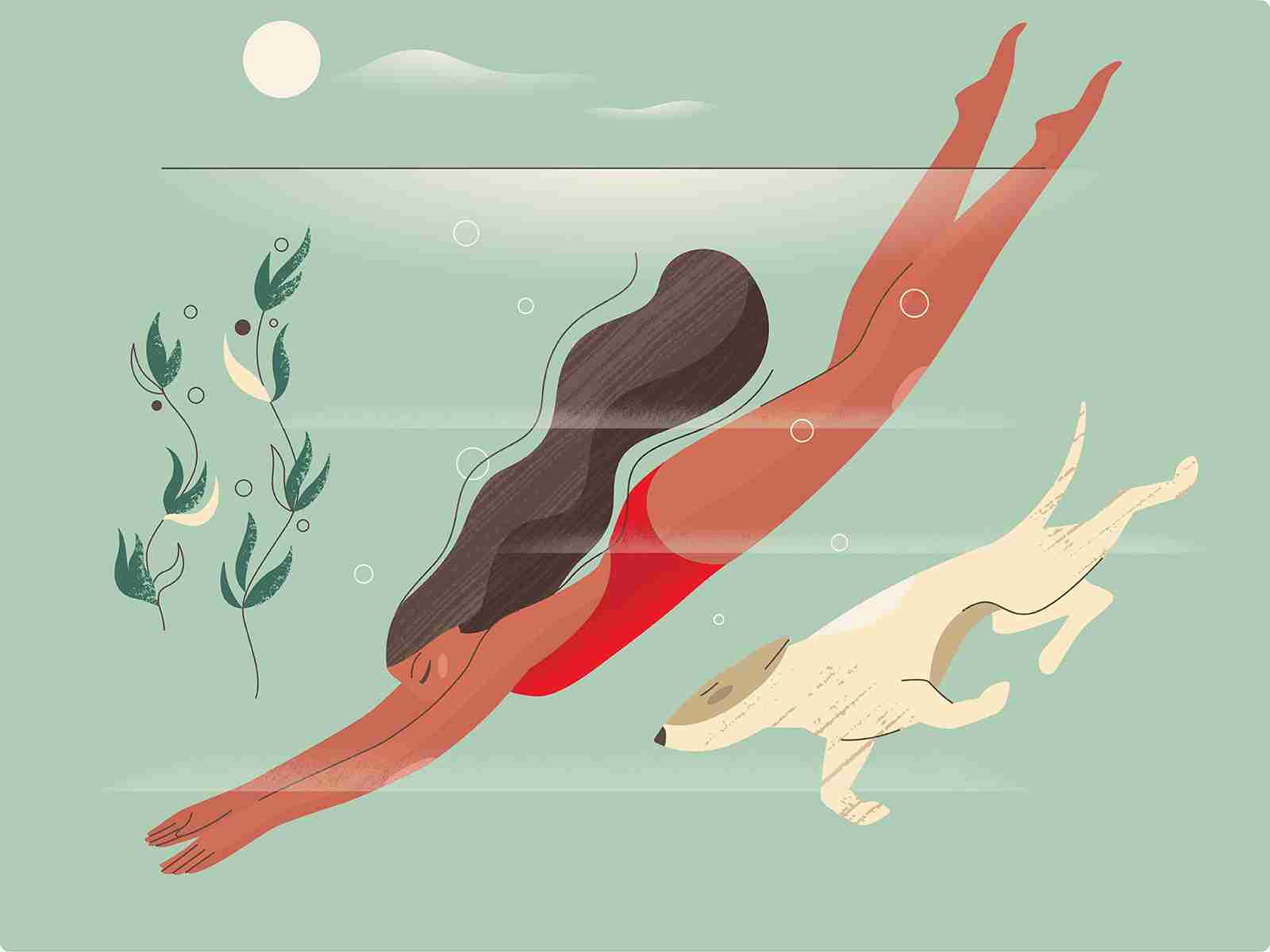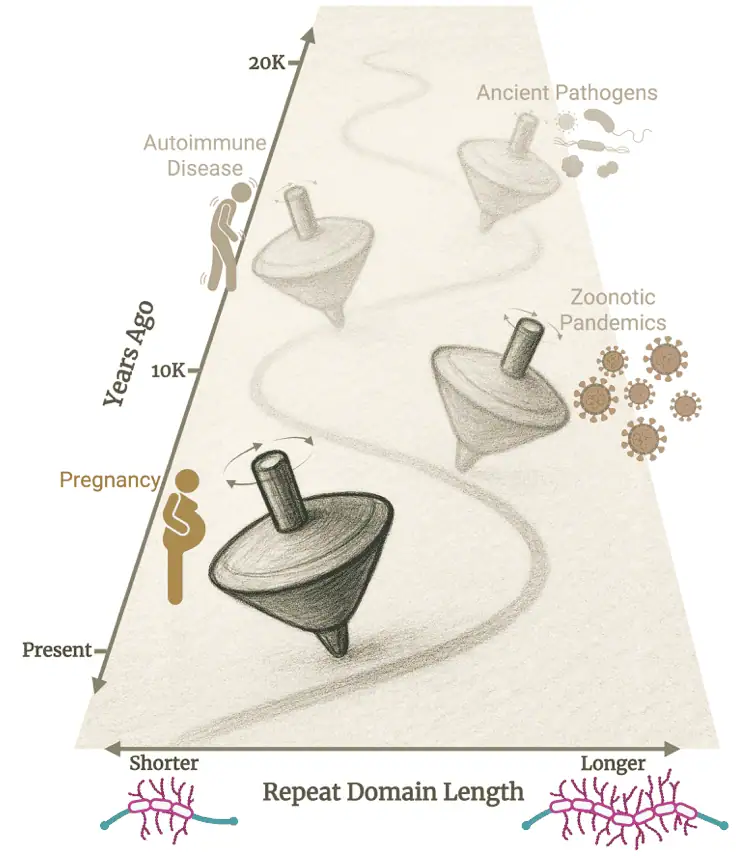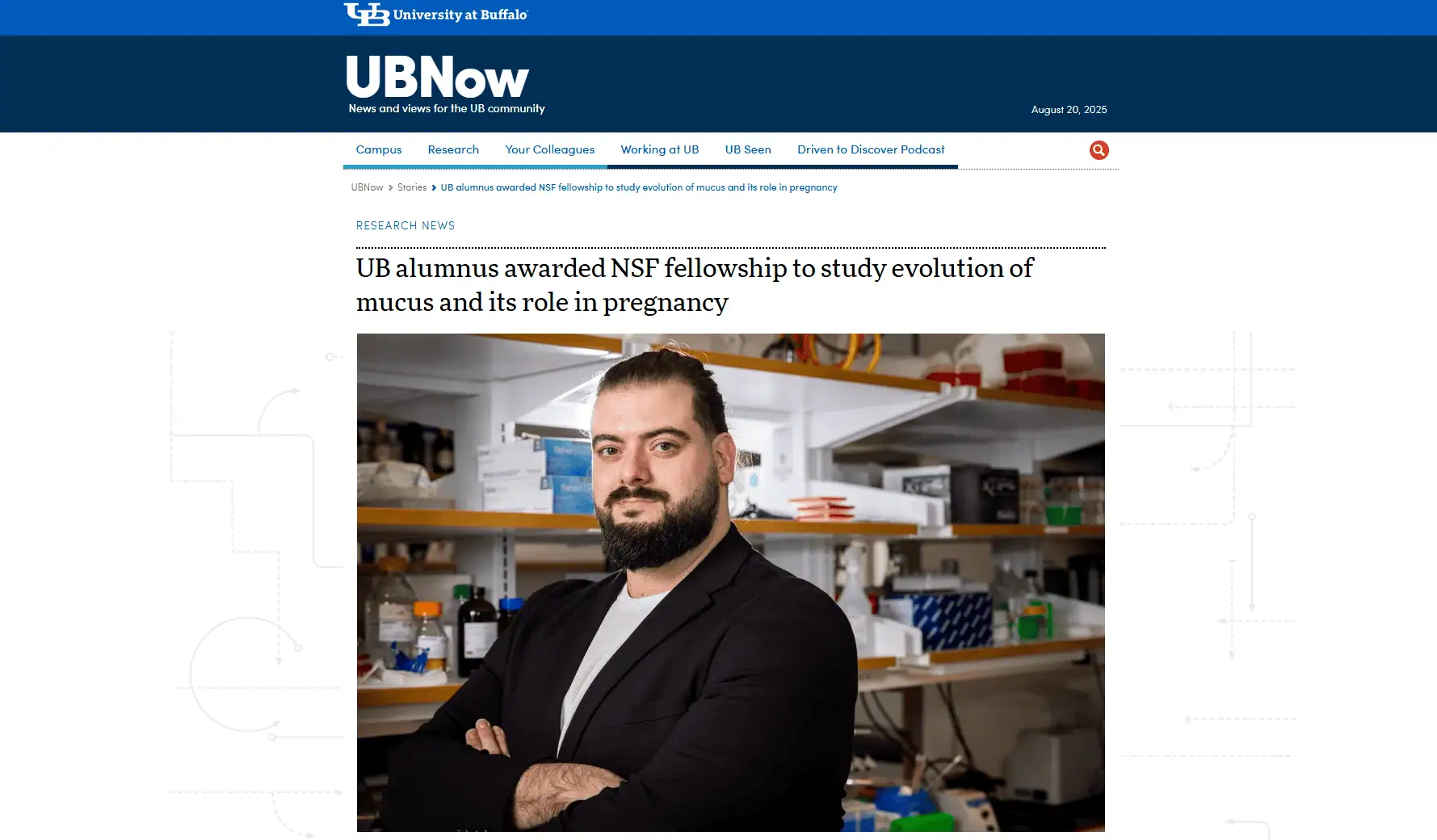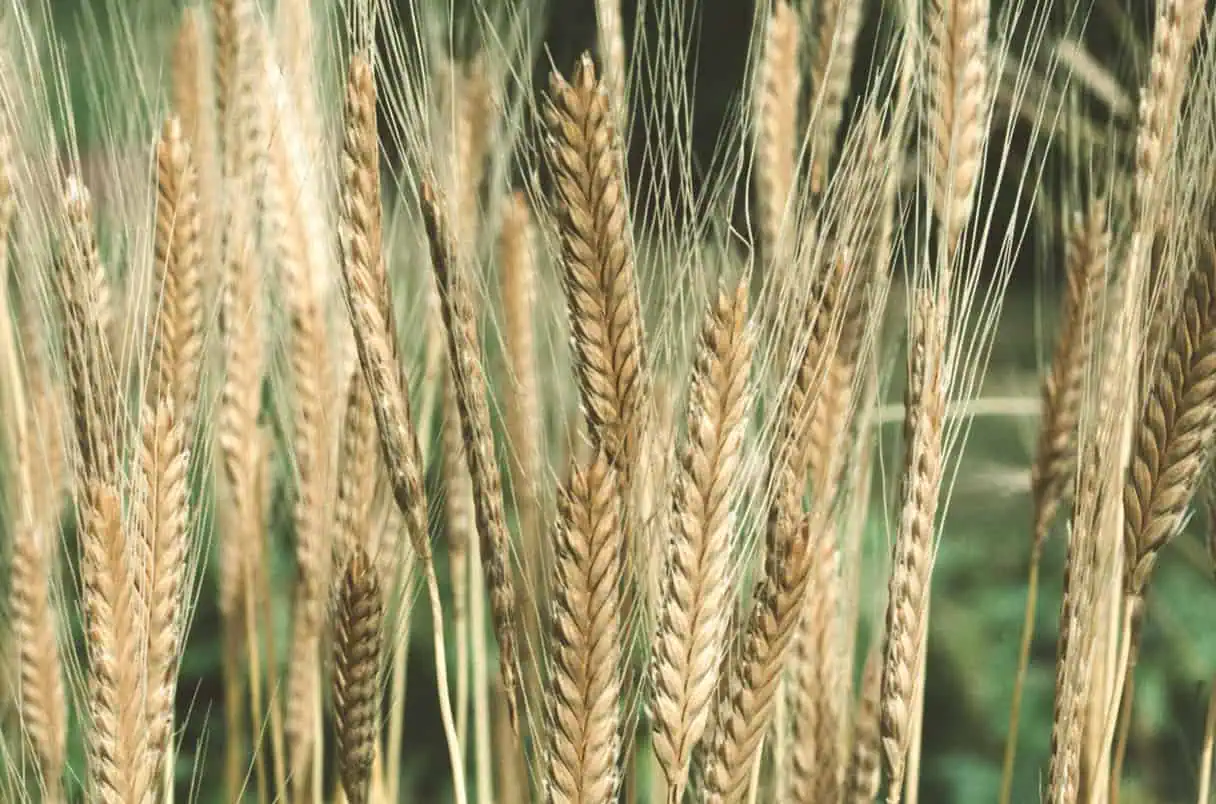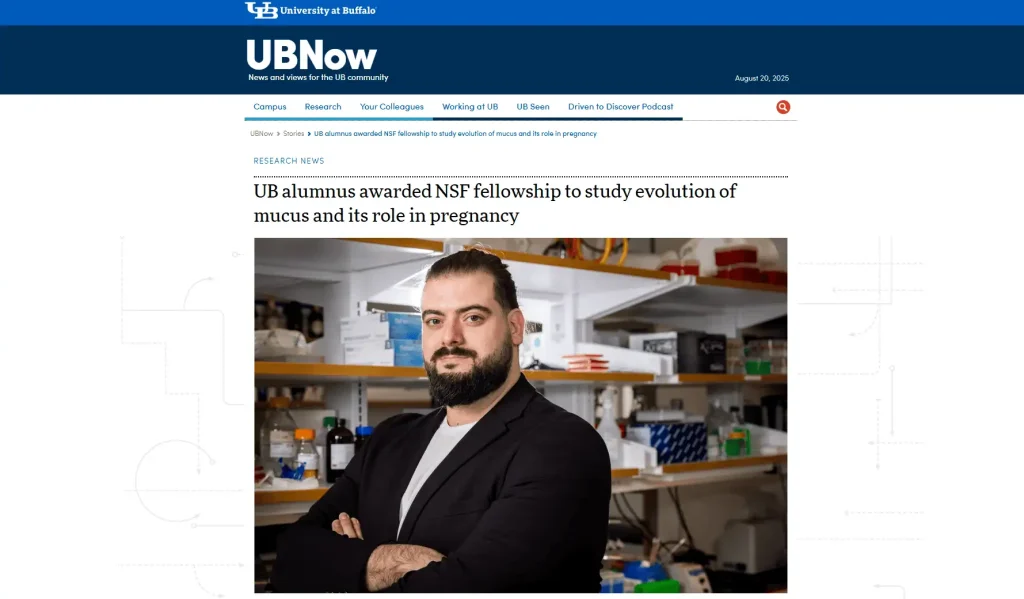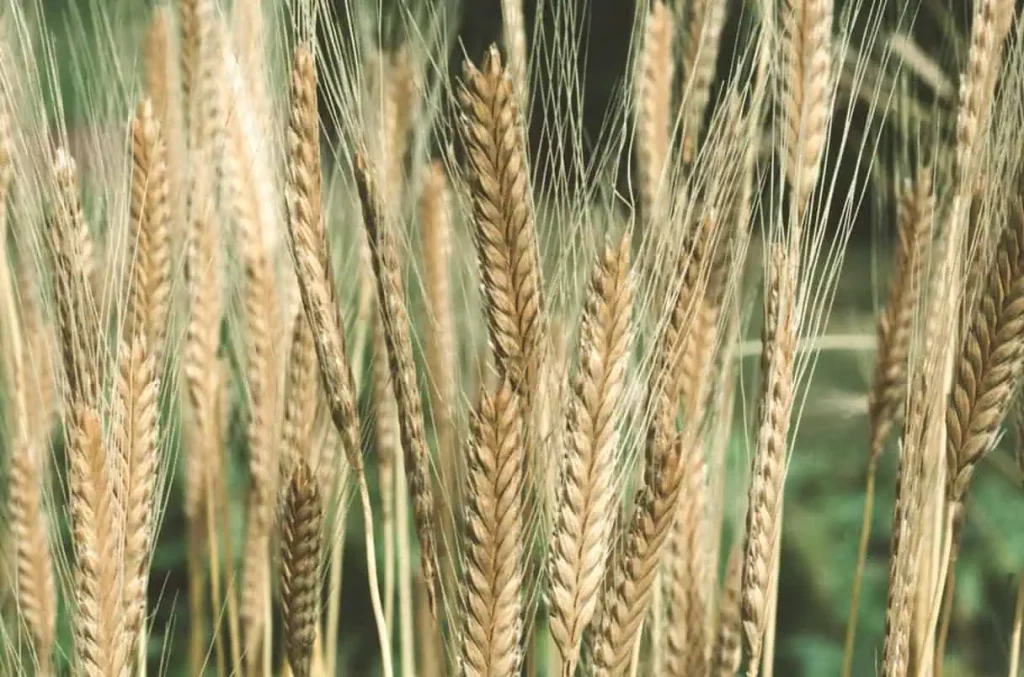Stefan (Ruhl) and Omer Gokcumen recently published a comprehensive survey of the amylase gene copy number and salivary enzyme activity among mammalian species eLife. Petar (Pajic) was the driving force for the sample collection and analysis. Briefly, we found that
1. Amylase copy number evolves extremely fast leading to independent (I daresay convergent) bursts among mammals that coincide with starch consumption.
2. Gene duplication seems to be a necessary step for amylase, which is expressed in pancreas (ancestrally), to gain expression in salivary glands – and this gain-of-expression has happened multiple times in different mammalian lineages.
3. It seems that the amylase copy number is correlated with the amount of starch consumed in a species, but the expression in the salivary glands may be about perception where species have broad-range diets seems to express more salivary amylase.
Our very own Charlotte (Hsu) wrote a very nice press release:
